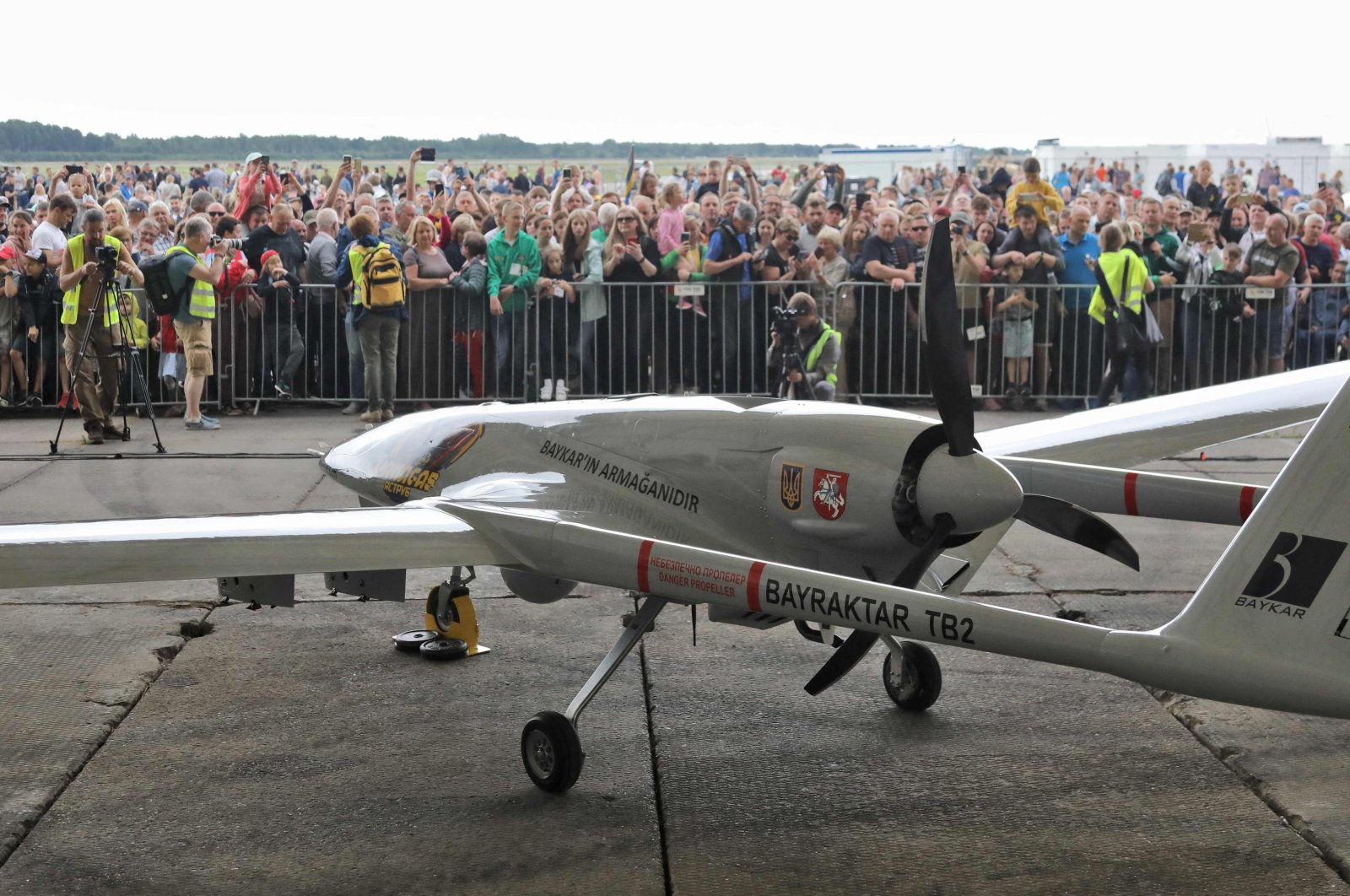Saturday evening, the USA shot down the giant Chinese balloon which, for several days, has been flying over the country, as well as Canada. The United States expressed with a high degree of certainty that the balloon was a Chinese “spy balloon”.
China claimed, and still claims, that it is a weather balloon. In a statement overnight Sunday, they came out strongly against the United States and said it had overreacted.
“China expresses deep dissatisfaction with the United States’ use of force to attack unmanned civilian airships,” the Chinese Foreign Ministry said in a statement.
They also indicated that they would reserve the right to use similar measures in similar situations.
China reacts after the shooting
– Aggravation
While many believed that the relationship between China and the United States was on the right track, the balloon flight and the shooting led to a diplomatic crisis between the United States and China, writes NTB.
– This aggravates an already contentious relationship between the United States and China. I think there might be players in China wanting to challenge the Americans, and this is a possible test ball for that. Here there is communication, also through such actions, says the director of intelligence at Defense CollegeTom Roseth, in Dagbladet.

DOWN: The much talked about balloon flew over the United States and Canada for several days, before finally being shot down on Saturday evening. Photo: Brian Branche/AP/NTB
See more
Hans Jørgen Gåsemyr, a senior fellow at the Norwegian Foreign Policy Institute (NUPI), says it’s nothing new that the US and China typically engage in extensive surveillance of each other. Yet this case stands out.
– The ball was very visible and very important in the United States, so it was necessary for the United States to show their displeasure that something Chinese had taken control of their territory, Gåsemyr tells Dagbladet.
– Raises suspicion
Røseth says the use of spy balloons was much more common in the past. Spy balloons were developed by the Americans after World War II to be able to fly over the Soviet Union.
– It’s a simple technology, inexpensive and can have valuable information, says Røseth.
He thinks there is reason to believe that if it was a weather balloon, China would have told the US when they saw it moving over US air territory.
– When they say nothing, it increases the suspicion that it is a spy balloon. The Americans seem very sure that it is a spy balloon – not least because it passed over important defense installations, says Røseth, and continues:
– There’s a little too much suspicion here. It seems very likely that it is a spy balloon. The Chinese have some of it.

– Clearly the purpose is surveillance
Despite the fact that the United States and China have been collecting intelligence against each other for a long time, Røseth thinks this case is very special.
He then evokes, among other things, that it is a balloon the size of three buses above American territory.
– The Americans are very valuable to China, which is now an increasingly important challenger, and which in fact has an intelligence balloon over American territory, and there is nothing they can do about it. It is symbolic for Americans. They probably feel this is an intervention in American security and shows that China is a challenger, says Røseth.

– WORST: Associate Professor and Senior Professor of Intelligence at the Norwegian Defense Academy, Tom Røseth believes that relations between the United States and China deteriorated further after the balloon episode. Photo: Norwegian Armed Forces
See more
– Won’t change
Several analysts claim the opposite. Reuters that China is likely to carefully consider the actions it will take against the United States. The reason is that the relationship between the two countries has been heated for a long time, and China and the United States have recently expressed their willingness to rectify the relationship.
Gåsemyr believes the ball affair will not affect relations between the countries for a long time.
– The relationship will continue in a rather deep and multifaceted rivalry, which will not change much after that, I think, says Gåsemyr.

MEETING: Chinese President Xi Jinping and US President Joe Biden met at the G-20 meeting in November. Photo: AP Photo/Alex Brandon/NTB
See more
However, it requires one thing, says Gåsemyr.
– Since nothing is uncovered that the United States is concerned about, I think it will be an incident, and then the countries will return to the path they were on before the incident. This is certainly not the last time the Americans or the Chinese will detect activity from each other to which they must respond.
When asked if other similar cases could occur in the future, Røseth replies:
– I think China will be a bit cautious about sending new balloons to US territory. This has had strong short-term bilateral consequences. I don’t think Beijing wants to do it many times in exactly this way.
– Diplomatic dissatisfaction
In the wake of the balloon affair, US Secretary of State Anthony Blinken chose to postpone a planned visit to Beijing where he was to meet Chinese President Xi Jinping. If the visit had taken place, it would have been the first meeting in six years between a US secretary of state and the Chinese leader.
– Blinken was unable to make the planned visit due to the situation. It was important to mark diplomatic displeasure when the type of alleged surveillance becomes known, says Gåsemyr.

POSTPONED: US Secretary of State Antony Blinken has postponed a planned visit to Beijing following the balloon episode. Photo: Saul Loeb / AFP / NTB
See more
The Nupi researcher thinks that the United States and China will try to improve relations between the countries:
– Yes of course. But what will not change is that China and the United States are in competition to position themselves in the world. The level of conflict will remain high. There will also be interest in collaboration. That’s where Blinken’s planned trip comes in, and it’s expected to be followed by more meetings and possibly visits, says Gåsemyr.

“Devoted reader. Thinker. Proud food specialist. Evil internet scholar. Bacon practitioner.”







